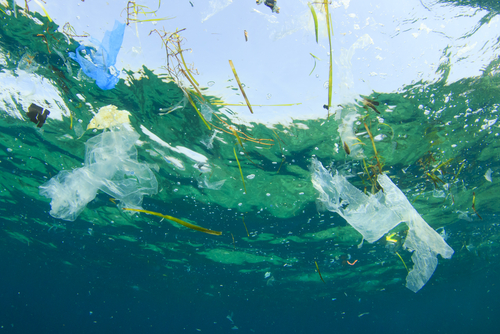Breaking
PH ranks third in top five biggest polluters of the ocean
San Jose, United States – Scientists announced on Thursday, February 12, that eight million metric tons (17.6 billion pounds) of plastic refuse ended up in the ocean, in 2010, and that the top 5 culprits responsible for the litter were China, Indonesia, the Philippines, Vietnam and Sri Lanka.
The study pointed to the slipshod management of waste products, as well as littering across the globe as the roots causes of ocean pollution, which bears a great impact on the safety and survival of marine life.
This is the first study to ever measure the amount of refuse going into the ocean from 192 countries with coastlines. Previous studies all measured the amount of trash already in the ocean.
Scientists employed a mathematical model based on the amount of waste generated on a per-person basis in each of the 192 countries. This helped to determine the amount of garbage that went into the surrounding oceans.
The study found that:
• one percent of the waste was thought to be plastic
• one percent was thought to be mismanaged waste (garbage dumped on land, but not properly contained and ended up in the ocean).
Jenna Jambeck, a researcher from the University of Georgia, told reporters from the Agence France-Presse at the yearly meeting of the American Association for the Advancement of Science in San Jose, California, that the situation “can get worse.”
“If we assume a business as usual projection — with growing populations, increasing plastic consumption and increased waste generation — by 2025 this number doubles,” Jambeck explained.
She also noted that countries in the middle income countries with rapid rates of economic expansion were generally the biggest polluters of plastic waste in the ocean, as their waste management systems are not up to par with their rate of growth.
According to the study, the top twenty countries on the list of ocean polluters accounted for 83-percent of the total amount of mismanaged plastic. As such, it is vital to improve waste management and cutting down on plastic, in order to help solve the problem.
“We need to prevent plastic from entering oceans in the first place. Helping every nation develop a sound solid waste management infrastructure is a top priority,” said the study’s co-author, Roland Geyer, an associate professor at University of California Santa Barbara’s Bren School of Environmental Science and Management.
Greyer also pointed out that it “is equally important” to boost efforts to re-use and recycle plastic.
Landing in the 20th spot on the list, the United States was the only wealthy nation to rank as a top polluter; likely on account of its lengthy stretch of coastline, as well as the large volume of waste produced by its citizens.






















